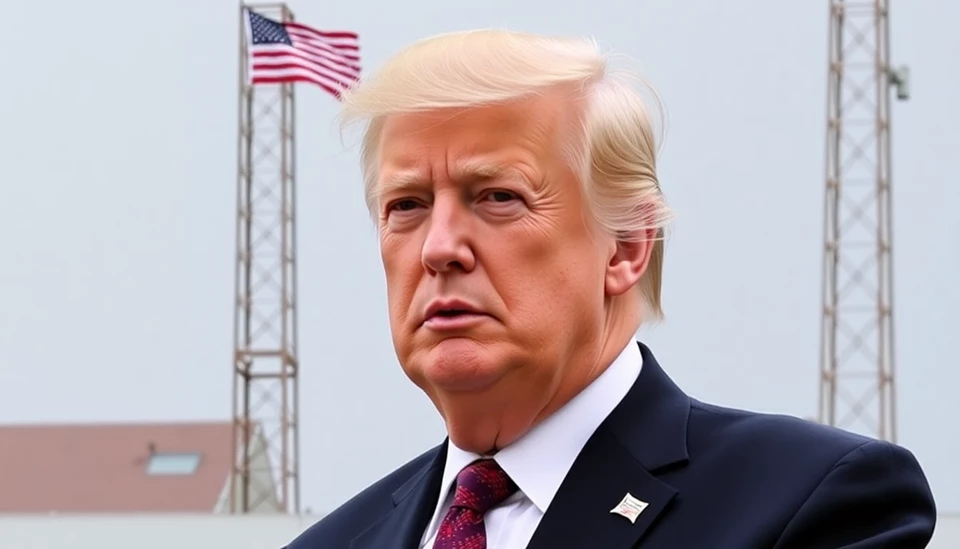
In a recent revelation, it has come to light that former President Donald Trump deliberated on implementing significantly higher tariffs on Chinese imports during his administration. This decision was largely influenced by the hardline stance promoted by his trade advisor, Peter Navarro, who has been a vocal critic of China's trade practices and has consistently advocated for methods to confront Beijing on various economic fronts.
Documents obtained from staff discussions reveal that Navarro was pushing for a strategy that went beyond the existing tariffs imposed on Chinese goods. He argued for a more aggressive approach that could involve raising tariffs even more to counteract what he viewed as unfair trading practices by China. Navarro’s consultations were pivotal in shaping the administration's overall trade policy, as he maintained an unwavering belief that economic pressure was essential in negotiating trade agreements in favor of the United States.
Internal debates within the Trump administration often centered around the effectiveness of tariffs as a tool for diplomacy. While some advisors favored a more tempered and strategic approach to trade relations, Navarro's perspective highlighted the urgency he felt to take a stand against China's economic maneuvers, which were perceived as a threat to American jobs and industries.
This insight into Trump's deliberations adds to the ongoing conversation about how trade policies are crafted at the highest levels of government and the extent to which individual advisors can shape the direction of such critical decisions. The proposals discussed could have led to a significant escalation in economic confrontations between the U.S. and China, potentially altering the landscape of international trade.
As trade relations between the two nations evolve, the implications of these discussions continue to resonate, fueling debates on the effectiveness of tariffs versus other diplomatic strategies in achieving long-term trade balance and fairness. Observers note that understanding these military-style economic tactics is crucial in a world where global markets are increasingly intertwined.
The revelations underscore the internal complexities and divisions that characterized the Trump administration's approach to trade policy and serve as a reminder of the lasting influences of advisors like Navarro who championed aggressive economic measures against perceived adversaries.
The unfolding narrative of this economic policy debate raises important questions about the future of U.S.-China relations and the potential for future administrations to adopt similar or contrasting strategies regarding tariffs and trade negotiations.
#Trump #ChinaTrade #Tariffs #Navarro #TradePolicy #EconomicStrategy
Author: Rachel Greene




